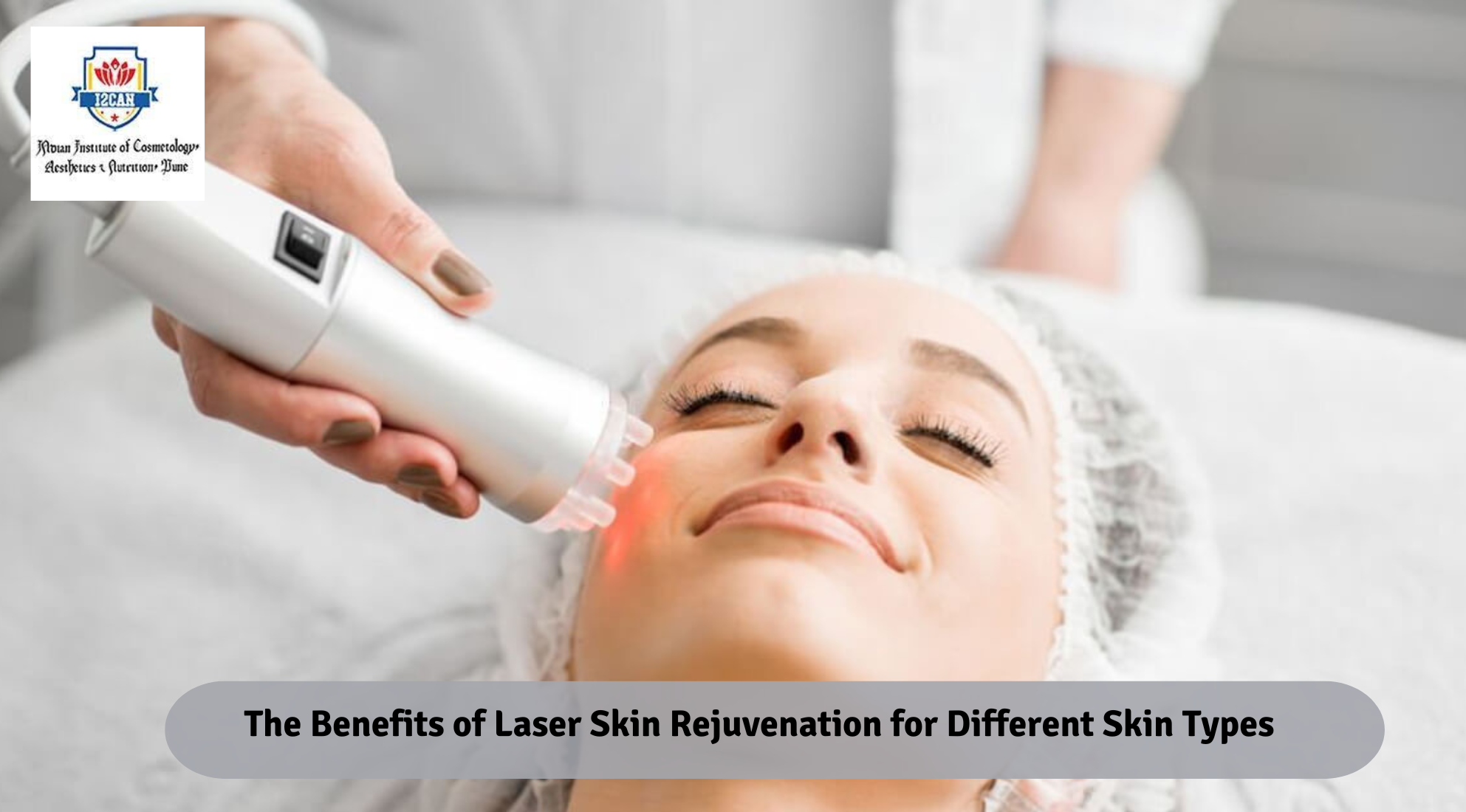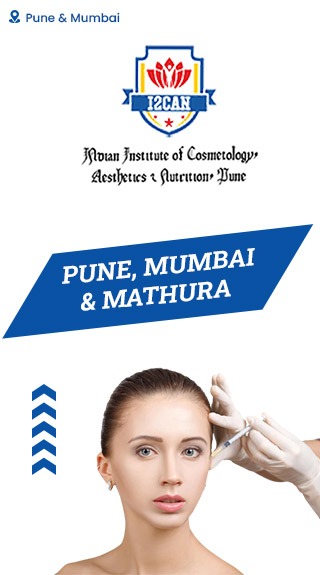Laser skin rejuvenation has emerged as a popular cosmetic procedure for addressing various skin concerns, ranging from fine lines and wrinkles to acne scars and pigmentation issues. This non-invasive treatment utilizes advanced laser technology to stimulate collagen production, improve skin texture, and enhance overall complexion. However, the effectiveness of laser skin rejuvenation can vary depending on an individual’s skin type and specific concerns. In this comprehensive guide, we will explore the benefits of laser skin rejuvenation for different skin types and delve into the key considerations for achieving optimal results.
Understanding Different Skin Types:
Before delving into the benefits of laser skin rejuvenation for different skin types, it’s essential to understand the characteristics of various skin types:
- Normal Skin: Normal skin is well-balanced, neither too oily nor too dry, with minimal imperfections and a smooth texture.
- Oily Skin: Oily skin is characterized by excess sebum production, leading to enlarged pores, acne, and a shiny complexion.
- Dry Skin: Dry skin lacks sufficient moisture, often appearing dull, flaky, and prone to fine lines and wrinkles.
- Combination Skin: Combination skin features a mix of oily and dry areas, typically oily in the T-zone (forehead, nose, and chin) and dry or normal elsewhere.
- Sensitive Skin: Sensitive skin is prone to irritation, redness, and allergic reactions, making it challenging to tolerate certain skincare treatments.
Benefits of Laser Skin Rejuvenation for Different Skin Types:
- Normal Skin:
- Even Tone and Texture: Laser skin rejuvenation can help maintain normal skin’s balanced complexion by targeting minor imperfections and promoting collagen production for smoother texture.
- Preventative Aging: By stimulating collagen synthesis, laser treatments can help prevent premature aging signs such as fine lines and wrinkles, keeping normal skin looking youthful and radiant.
- Oily Skin:
- Oil Regulation: Laser treatments can target sebaceous glands to reduce oil production, minimizing the appearance of enlarged pores and controlling acne breakouts.
- Acne Scar Reduction: Laser skin rejuvenation can effectively diminish acne scars and blemishes associated with oily skin, promoting a clearer complexion.
- Dry Skin:
- Hydration Boost: Laser treatments can stimulate the skin’s natural moisture retention mechanisms, helping to hydrate dry skin and improve its overall texture and elasticity.
- Wrinkle Reduction: By encouraging collagen production, laser skin rejuvenation can smooth out fine lines and wrinkles commonly observed in dry skin, restoring a more youthful appearance.
- Combination Skin:
- Balancing Act: Laser skin rejuvenation can target oily areas to regulate sebum production while simultaneously hydrating dry patches, achieving a more balanced complexion.
- Minimized Pores: Laser treatments can shrink enlarged pores in oily areas of combination skin, leading to a more refined and even skin texture.
- Sensitive Skin:
- Gentle Approach: Advanced laser technologies offer customizable settings to cater to sensitive skin types, minimizing the risk of irritation and adverse reactions.
- Redness Reduction: Laser treatments can target blood vessels responsible for facial redness in sensitive skin, providing relief from conditions such as rosacea.
Key Considerations for Laser Skin Rejuvenation:
- Consultation and Assessment: Prior to undergoing laser skin rejuvenation, it’s crucial to consult with a qualified dermatologist or skincare specialist to assess your skin type, concerns, and suitability for the treatment.
- Customized Treatment Plan: A personalized treatment plan tailored to your skin type and specific needs ensures optimal results while minimizing potential side effects.
- Post-Treatment Care: Following laser skin rejuvenation, adhere to recommended skincare routines and practices to maintain results and promote skin healing. This may include the use of gentle cleansers, moisturizers, and sunscreen to protect the skin from sun damage.
- Multiple Sessions: Depending on the severity of your skin concerns, multiple laser sessions may be required to achieve desired outcomes. Consistency and patience are key to realizing the full benefits of laser skin rejuvenation.
- Sun Protection: Protecting your skin from UV radiation is essential both before and after laser treatments to prevent pigmentary changes and maximize results. Use broad-spectrum sunscreen and avoid prolonged sun exposure, especially during the healing phase.
Conclusion:
Laser skin rejuvenation offers a versatile and effective solution for addressing a wide range of skin concerns across different skin types. Whether you have normal, oily, dry, combination, or sensitive skin, laser treatments can be customized to suit your individual needs, providing visible improvements in skin tone, texture, and overall appearance. By understanding the benefits of laser skin rejuvenation for different skin types and following key considerations for treatment, you can achieve radiant, youthful-looking skin with minimal downtime and risks. Consult with a qualified skincare professional to explore your options and embark on a journey towards healthier, rejuvenated skin.


